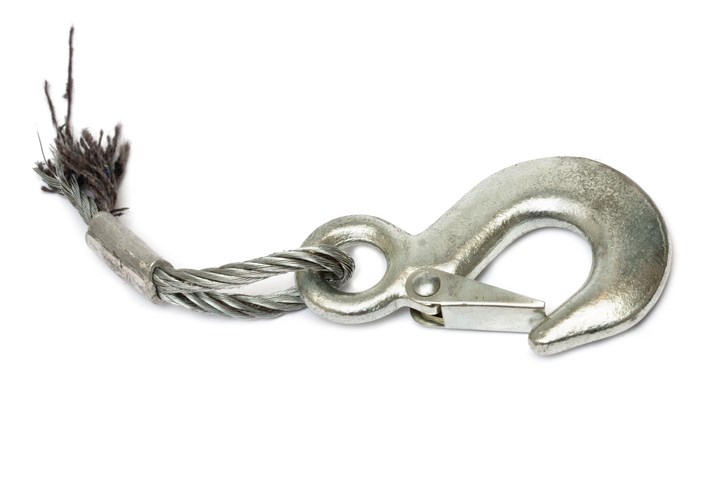Motorists who possess outstanding parking tickets and haven’t paid during the past 13 years are on borrowed time, as city hall will soon implement a bylaw to impound delinquent vehicles.
City administration presented bylaw No. 5689 Impounding Bylaw during the Jan. 29 executive committee meeting, with the proposed legislation to give city hall the power to tow as a mechanism to enforce outstanding parking fines.
Council voted unanimously to consider the new bylaw for three readings during its next regular meeting.
City hall confirmed in September 2022 that there was more than $1 million in uncollected parking fines, stretching back to 2011; the Moose Jaw Express reported this in March 2021. The city said it was unable to acquire fines because it was still developing a collection program.
Well, such an initiative is coming soon.
The Cities Act permits municipalities to enact bylaws to tow and impound vehicles with outstanding fines — something this proposed bylaw allows, a council report said. Furthermore, this proposal permits the municipality to register liens on vehicles with outstanding parking fees.
“The city does not plan on using that (liens) as a collection method at the current time. However, should that become a desirable collection method, a bylaw amendment will not be necessary,” the document stated.
The report noted council authorized administration on Dec. 7, 2022, to implement a towing and impounding strategy, which included enacting a bylaw to permit such actions.
Parking practices
Moose Jaw contracts parking enforcement services to the Moose Jaw Police Service (MJPS) for $215,000 annually, so if residents fail to pay parking tickets voluntarily, the police prosecute the offenders in court, the December 2022 report said.
In 2023, the city anticipated collecting $200,000 in revenue from outstanding parking tickets and increased meter use. In 2024, the goal is to collect $265,000.
Almost all prosecutions end up in default judgments because most offenders fail to attend traffic court, the document continued. Once a judge enters a conviction and levies a fine, police serve the convicted offenders with the order. The agency then takes no further steps to collect the fines and there is no automatic process to enforce collections.
“Note that 83 per cent of parking tickets in Moose Jaw are paid without any collection efforts,” the report stated.
As of December 2022, the city estimated there were $1,080,000 in uncollected parking fines that 4,017 people held. This included:
- Less than $100 owed: 2,237 motorists and $184,875 outstanding
- Between $100 and $500: 1,307 motorists and $312,470 outstanding
- Between $500 and $1,000: 302 motorists and $210,490.12 outstanding
- Between $1,000 and $5,000: 163 motorists and $280,503.72 outstanding
- Over $5,000: Eight motorists and $88,715 outstanding
Process to seize vehicles
The report listed four steps the city could take to seize vehicles, including:
- Confirming the offender’s address
- Sending offenders a notice that the city may tow their vehicle if they don’t pay
- Locating the registered vehicle and alerting a towing company to visit that location; also alerting the police that the municipality will tow that vehicle
- Providing offenders with notice that the city has seized their vehicle and they can visit the impound lot to pay the fine and towing fees
The towing company could also sell seized vehicles to recover fines, the report added.
Benefits and drawbacks
The report said the benefits of towing include sending a “clear message” to residents that the city is acting on outstanding parking fines; some people could voluntarily pay once they know the city will tow their vehicle; and towing can be effective if the vehicles possess a high value and the fine is low.
Conversely, the drawbacks include collecting less money since towing is ineffective for people who no longer have vehicles registered in their name, although the city could send their information to a collections agency; towing is time-intensive for companies; and towing costs money that the city may not recover in full.
The report added that Moose Jaw’s towing frequency could be limited because of the company’s limited storage capacity.
The next executive committee meeting is Monday, Feb. 12.




